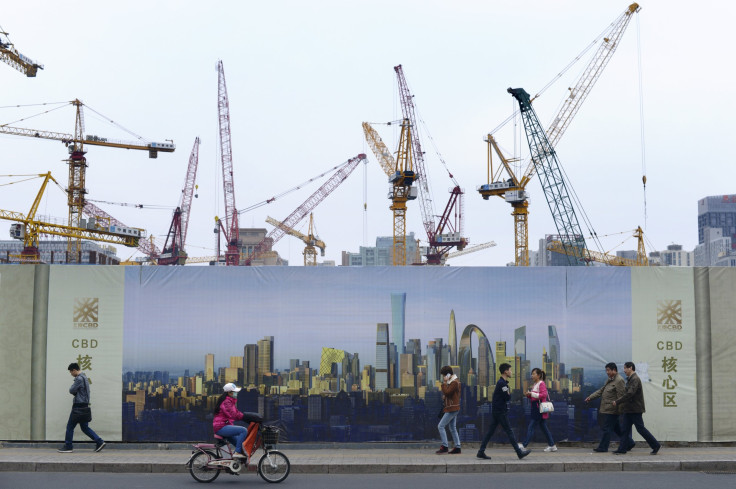US Fed Rate Hike: Worried Investors In Emerging Markets Prepare For Impending Turmoil

As the U.S. Federal Reserve inches closer to hiking key interest rates -- held at record-low levels for nearly a decade -- investors in emerging market economies are visibly nervous. An interest rate hike in the U.S. will most likely be bad news for these investors, not least because they might be forced to pull out of riskier assets in favor of safer, dollar-dominated ones.
“Action by the Fed would not significantly affect other developed countries’ interest rates or currencies. However, some emerging market countries are more exposed, particularly those that rely on foreign investors to meet their operating and capital financing needs,” U.S. ratings agency Moody’s said in an analysis released Monday, two days ahead of the widely expected rate hike announcement. “While a Fed rate hike would remove an element of uncertainty for emerging market sovereigns, some will remain at risk to adverse capital flows and investor sentiment.”
According to Moody’s, four countries -- Brazil, Russia, Turkey and South Africa -- reeling under their own economic and political crisis, would be the ones most impacted by a rate hike.
In the normal course, as policymakers in the U.S. tighten their screws, central banks in emerging markets could be counted on to do the same. However, many of these countries are currently stuck between two equally unattractive extremes -- allowing low interest rates to continue and risk capital outflows as investors move to dollar-dominated assets or raising interest rates to keep pace with the Fed and possibly sending their economies into recession.
In a recent report, the International Monetary Fund lowered its growth forecast for developing nations to 4 percent -- the slowest since 2009. A recent slowdown in Chinese economic growth and slumping global commodity prices have pushed Brazil and Russia into recession, and the prospect of a rate hike in the U.S. continues to drain capital from countries such as Turkey and South Africa. Brazil’s real has so far lost close to half its value against the dollar this year and the Russian ruble is at its weakest level against the dollar since this summer.
Inflation in emerging markets as a whole is also subdued, and is expected to hold at 4.5 percent this year, despite runaway consumer prices in countries like Brazil, Colombia and Turkey.
“This has been a miserable year for EM [Emerging Markets],” Paul McNamara, investment director of emerging markets at the Swiss asset manager GAM, told the Financial Times. “There has been a steady bleed-out of assets, and no one is certain what shape the market might be in this time next week.”
In such a scenario, a rate hike in the U.S. might very well build further pressure on indebted companies and economies.
As this report by Reuters notes, a combination of weakening emerging market currencies, rising U.S. rates and a strengthening dollar, coupled with a mismatch in dollar-dominated debt and revenue, could create a “perfect storm” that might force many emerging market companies to sell their assets in 2016.
Another factor that might impact emerging markets is the pace of policy tightening in the U.S. According to a Bank of America Merrill Lynch fund manager survey released Tuesday, 58 percent of global investors expect the Fed to hike rates three times or more in the coming 12 months.
“What matters most to these countries is the pace of dollar appreciation because that will impact interest, and that interest has to be paid in dollars,” Luciano Siracusano, chief investment strategist at WisdomTree Investments in New York, told Reuters.
On its part, the Fed has hinted that it will seek a cautious and gradual path on rate hikes. Some predict that on Wednesday, the Fed will most likely announce a 25 basis point rise in interest rates.
© Copyright IBTimes 2024. All rights reserved.






















